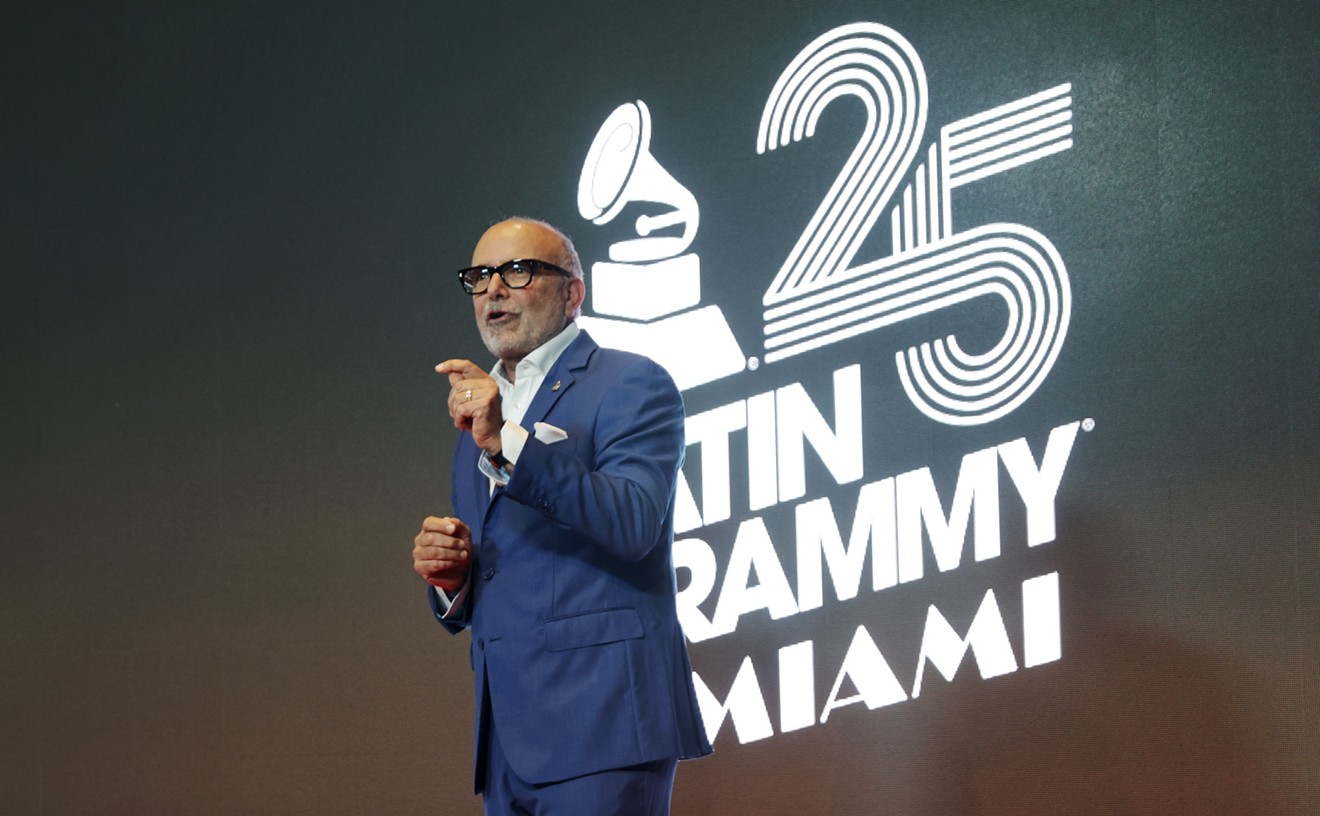A conk on the head sent Twain's hero spiraling back thirteen centuries in mind, if not in body, hopelessly scrambling the past and present. Radio Tarifa treats the listener to the same disorienting fate. Nobles draped in finery wrestle with seguidilla dance steps as an antique krummhorn oboe and ancient lute unsheathe "Osu" to a buzz of reeds and quiver of catgut. But the lords and ladies start to murmur. A shade of rawness and a suggestion of syncopation scuff the shine on their high-heel sneakers. All abandon the ballroom as vocalist Benjamin Escoriza scatters guttural flamenco phonemes to the winds, an electric guitar throws off trills plucked from a rumba, and a whinnying slide guitar springs in from Nigerian juju territory.
Other songs are just as heterogeneous. "La Molinera" enters nonchalantly as if it were an everyday Moorish/flamenco/Castilian raveup of acoustic guitar, ney flute, santir lute, Moroccan percussion, and darbuka drums. Nothing out of the ordinary, until a krummhorn regiment storms the drawbridge, trading licks with a fuzz-box guitar and spitting tongues of fire.
Outside the castle walls, the two most compelling cuts meet back to back. "Cruzando El Río," according to the liner notes, brings us the sounds "of a lively country fair within this traditional tango from Malanga." But that's all misdirection intended to confuse the uninitiated. Chirping crickets, a chattering chorus of frogs, and thick night-time ambiance suggest a procession by torchlight.
The vocals fade as they approach a climax, and "Pata Negras" forms under a rising moon. Guest musician Joaquin Ruiz, a regular Merlin of the feet, becomes a vessel for spirits that express themselves through tap dancing furiously counterpoised against layers of West African percussion. As if to underscore our outsider status in this mystery wrapped inside an enigmatic society, "Gujo Bushi" follows, playfully adapting a traditional Japanese inio song to fit a mournful flamenco arrangement.
From its mélange of styles and textures to the timbres of individual instruments, Cruzando delivers one jolt after another. The biggest shock is how the songs knit together to create infectious pop with regal poise. The band takes its name from a mythical radio station in Tarifa, the southernmost point of Spain, within shouting distance of Morocco. But this amalgam goes beyond myth; it's out and out alchemy. And ye be varlets if ye can't hear it.










